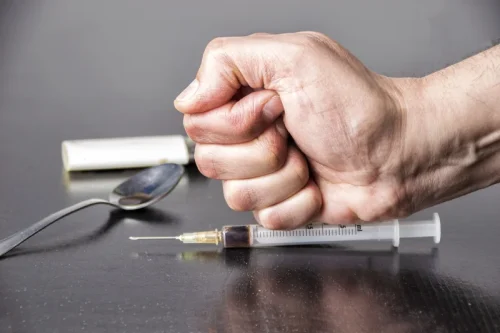
Alcohol may also affect your eyesight in the long term, going beyond temporary symptoms to influencing your likelihood to develop serious eye conditions. The number of drinks it takes to get to that level varies based on sex, weight and other factors. For example, it may only take two drinks in an hour for a 100-pound woman to experience blurred vision or up to five drinks in an hour for a 240-pound man.
Alcohol and Cataract
Methanol reacts with normal biological eye processes, leading to permanent damage of vital nerves that send images to the brain. Even with treatment, over 30% of individuals will still have some permanent damage. Fetal alcohol syndrome (FAS) is a condition babies develop when pregnant mothers abuse alcohol. FAS increases the chances of unborn babies developing mental and physical defects such as eye diseases. Not only can drinking contribute to DED, but it may also make existing DED symptoms worse. Dry eye symptoms can persist even after stopping drinking, and alcohol withdrawal may cause issues with tear production.
Short-term effects of alcohol on the eyes and sight

In extreme cases, prolonged alcohol abuse and subsequent withdrawal can lead to severe conditions such as optic neuropathy and optic atrophy. Optic neuropathy refers to damage to the optic nerve, which can cause vision loss. Optic atrophy is a condition characterized by the degeneration of optic nerve fibres, which can potentially result in blindness. Individuals with diabetes who also engage in regular alcohol consumption are at an increased risk of developing diabetic retinopathy (DR). Over time, frequent alcohol abuse can lead to permanent visual impairments, including cloudy vision, double vision, light sensitivities, and reduced color perception. Evidence supports the association between chronic alcohol use and the increased risk of developing cataracts, which is when there’s a cloudy area in the eye lens that impairs someone’s vision.

Temporary Effects
In fact, drinking alcohol did not cause any increase in dry eye symptoms for men. The symptoms of dry eyes include a stinging or burning sensation, itchiness, redness, light sensitivity, and feeling like something is stuck in your eyes. In some cases, paradoxically, dry eyes can lead to watery eyes due to reflex tearing as a response to the eye’s dryness. Glaucoma, a condition characterised by damage to the optic nerve due to increased IOP, can be exacerbated by these fluctuations in eye pressure.
- Many of these conditions can cause significant visual changes, unusual eye movement, and vision loss.
- So, keep an eye on your alcohol consumption for the sake of your eyes and your overall health.
- The moderating effect of stimulus attractiveness on the effect of alcohol consumption on attractiveness ratings.
- Excessive alcohol consumption can impact various bodily systems both in the short and long term.
- Short-term effects of alcohol on vision clear on their own as you sober up.
What are Alcohol’s long-term effects on your eyes?
- It has been suggested that men drink no more than 4 units per day and women drink no more than 3 units per day.
- This process can be severe and should always be completed under medical supervision.
- But if you are a heavy drinker—which means consuming alcohol more than a few times per week or binge drinking—you will likely experience health issues as a result.
In the short term, this can have a dehydrating effect, leaving the eyes dry and irritated. In fact, dry eyes is a common complaint among drinkers, and chronic alcohol abuse can lead to the development of dry eye syndrome. Higher alcohol intake can lead to optic neuropathy, blurry vision after drinking alcohol an ocular condition where the optic nerve is damaged, leading to vision loss or scotoma. Tobacco-alcohol optic neuropathy, also known as tobacco-alcohol amblyopia, is common in heavy alcohol drinkers and can be irreversible depending on the nerve damage.
How Does Alcohol Cause Blurred Vision? (cont.)

Optic nerve damage is very closely linked to neurological damage sustained by the brain when partaking in heavy drinking. Because the optic nerve is made up of neurological transmitters, it can become damaged by alcohol, just like in the brain. Due to conflicting evidence on the role alcohol may play in chronic vision conditions, more research is necessary to clarify the long-term effects of heavy alcohol use on the eyes.
How alcohol causes dry eye

How Does Alcohol Affect Vision and Eyesight?
- As a diuretic, alcohol causes the body to dehydrate, including the eyes.
- Your dry eye symptoms may persist if you stop drinking or experience alcohol withdrawal.
- Here are some tips in to minimize your alcohol consumption and help prevent eyesight problems.
- To understand the effects of alcohol on our vision, you must first understand different blood alcohol levels.
